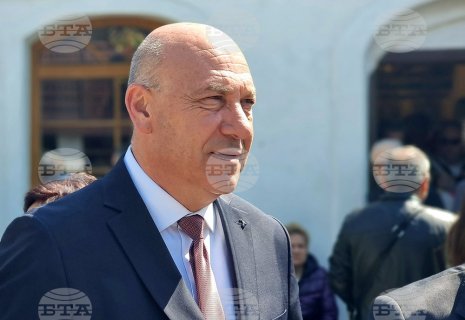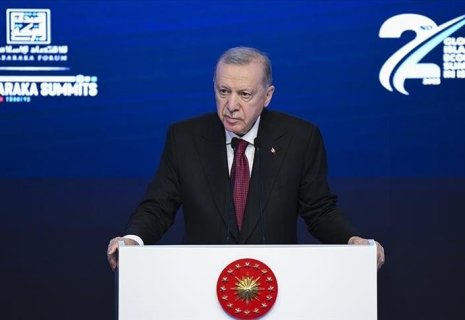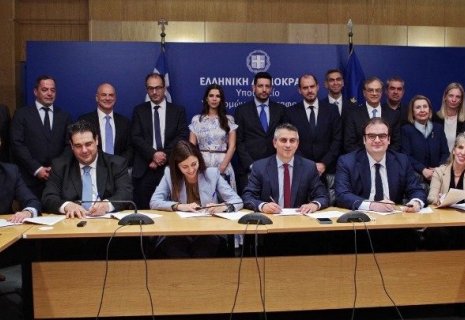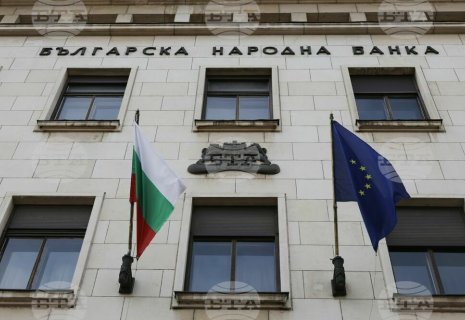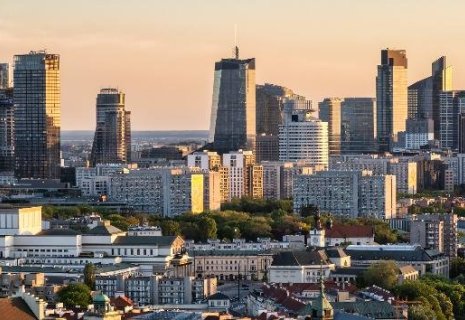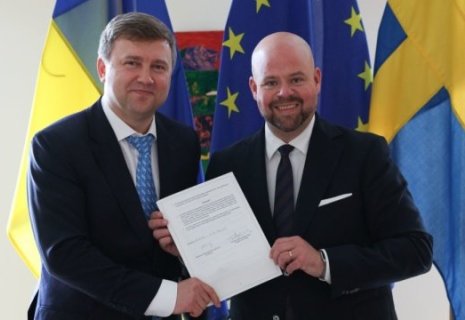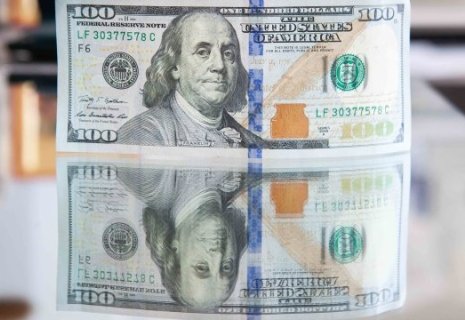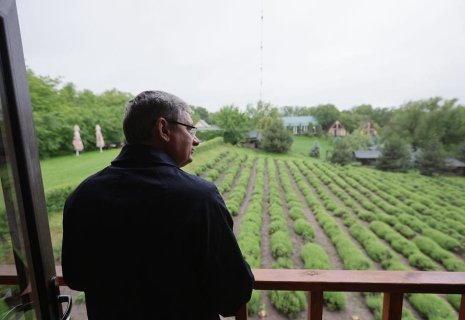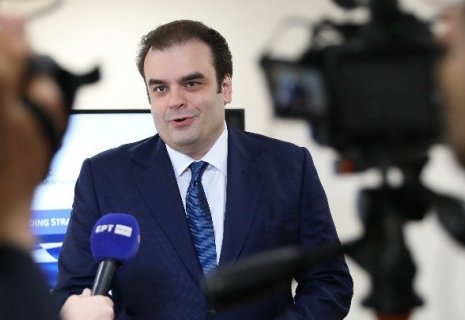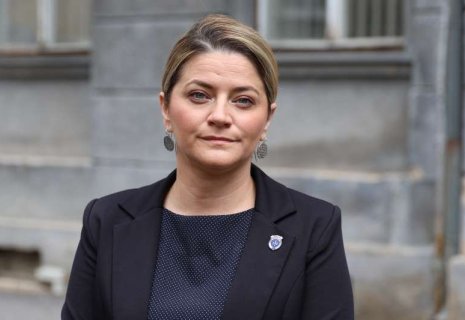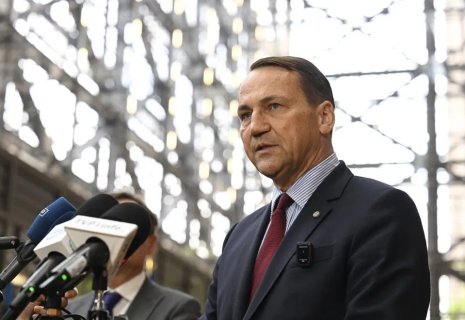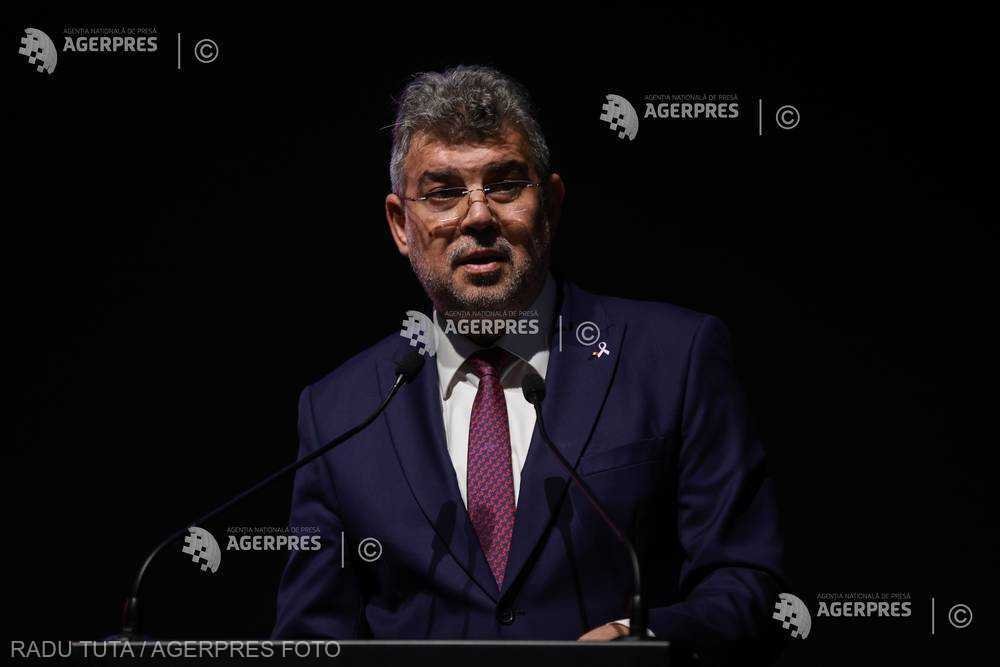
PresidentialElections2024/Marcel Ciolacu: I voted for Romania with strong economy, with strong voice in the world
Social Democratic Party (PSD) Chairman Marcel Ciolacu, a presidential candidate, voted on Sunday morning "for a Romania with a strong economy, a Romania with a strong voice in the world." CE Report quotes Agerpres
"I voted for a Romania with a strong economy, a Romania with a strong voice in the world. I voted for a Romania where Romanians can have a decent life, and last but not least, I voted for a Romania whose president works for the country and its people," said Ciolacu after casting his vote.
More details at the link

